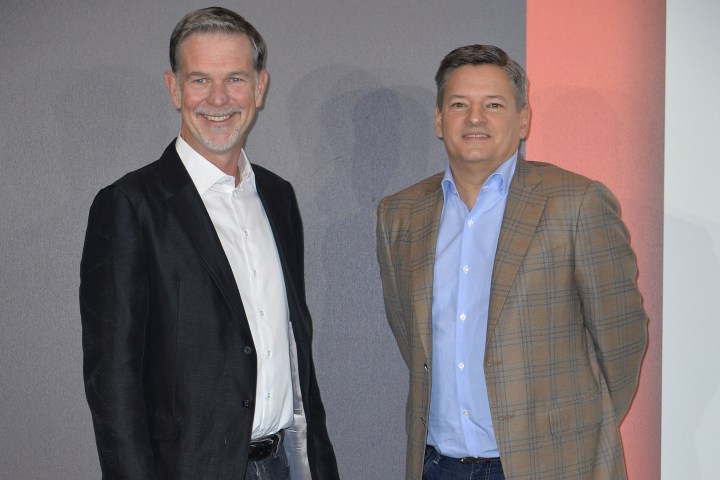
The disagreement born of Cannes’ 2017 decision to ban Netflix-bound films from competition has come to a head. On Wednesday, April 11, Netflix chief content officer Ted Sarandos told Variety that the streaming service decided to sever ties with the 61-year-old film festival, widely considered the most prestigious in the world.
Sarandos said that Cannes’ choice (to disallow competitive film entries without a theatrical distribution agreement in France) “sent a clear message,” and that “There’s a risk in us … having our films and filmmakers treated disrespectfully at the festival. They’ve set the tone. I don’t think it would be good for us to be there.” Netflix could still screen its films out of competition, but Sarandos showed little interest in such an arrangement.
In May 2017, the festival issued a statement regarding Netflix’s choice not to release its films (that includes both films produced in-house and films whose rights Netflix purchased in exclusivity) in French theaters. The festival’s board decided, against the wishes of many French theater owners, not to immediately disqualify Netflix’s 2017 entries — Okja and The Meyerowitz Stories — from competition, but decreed a requirement for future competitive entries to have distribution deals with French theaters.
Following the statement last year, Netflix CEO Reed Hastings wrote on his Facebook account that “the establishment [is] closing ranks against us,” and Sarandos told Variety that he sees the decision in complete contrast with “the spirit of any film festival in the world… Film festivals are to help films get discovered so they can get distribution.” French law states that 36 months must elapse between a film’s theatrical release and its appearance on a streaming platform, which is obviously a model that doesn’t work for Netflix.
It’s pretty clear there’s some bad blood on both sides, as Sarandos constantly name-drops Cannes’ artistic director, Thierry Fremaux, citing Fremaux’s implementation of a red carpet selfie ban as evidence of archaic views on technology and even saying “The festival has chosen to celebrate distribution rather than the art of cinema … We are choosing to be about the future of cinema. If Cannes is choosing to be stuck in the history of cinema, that’s fine.”


